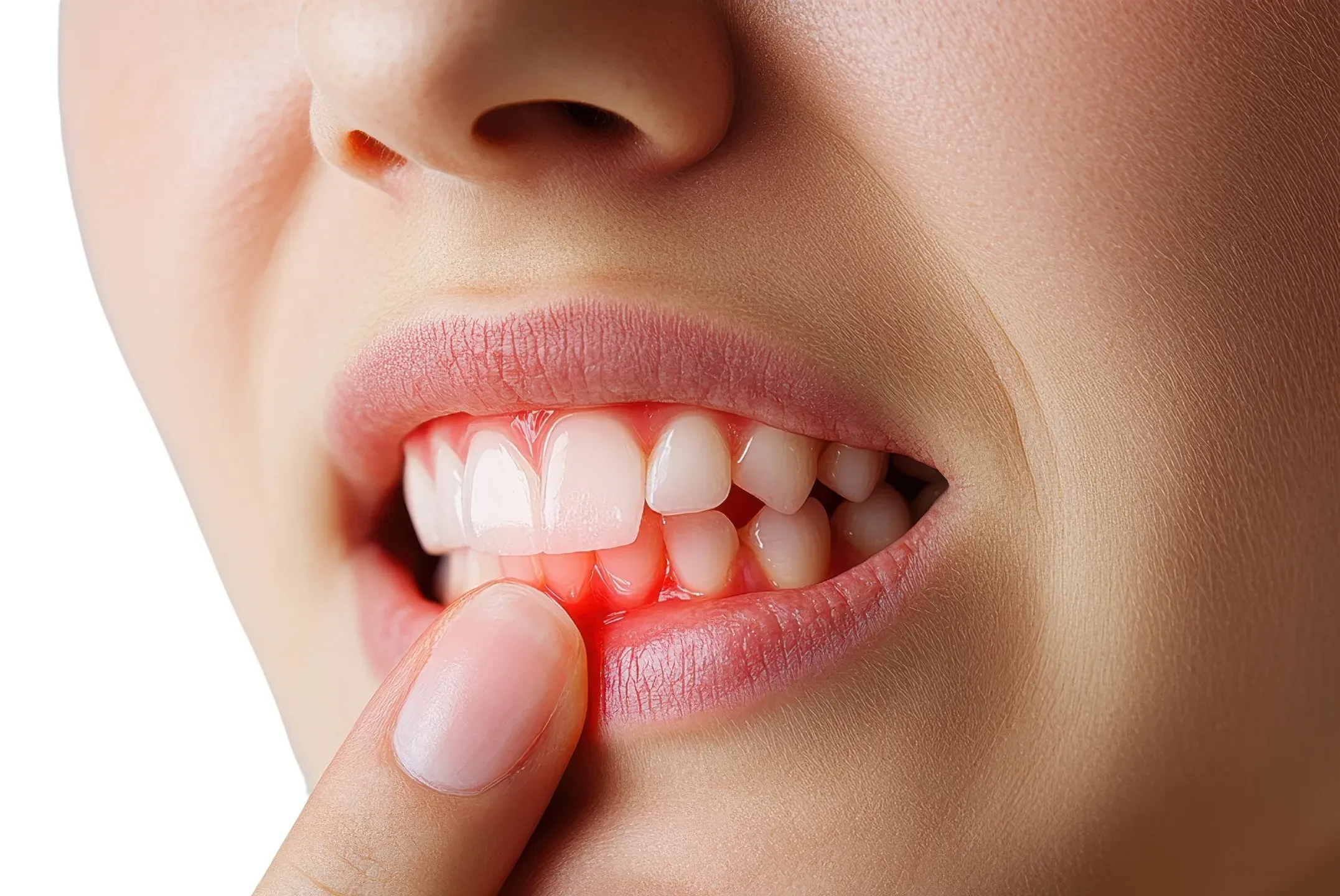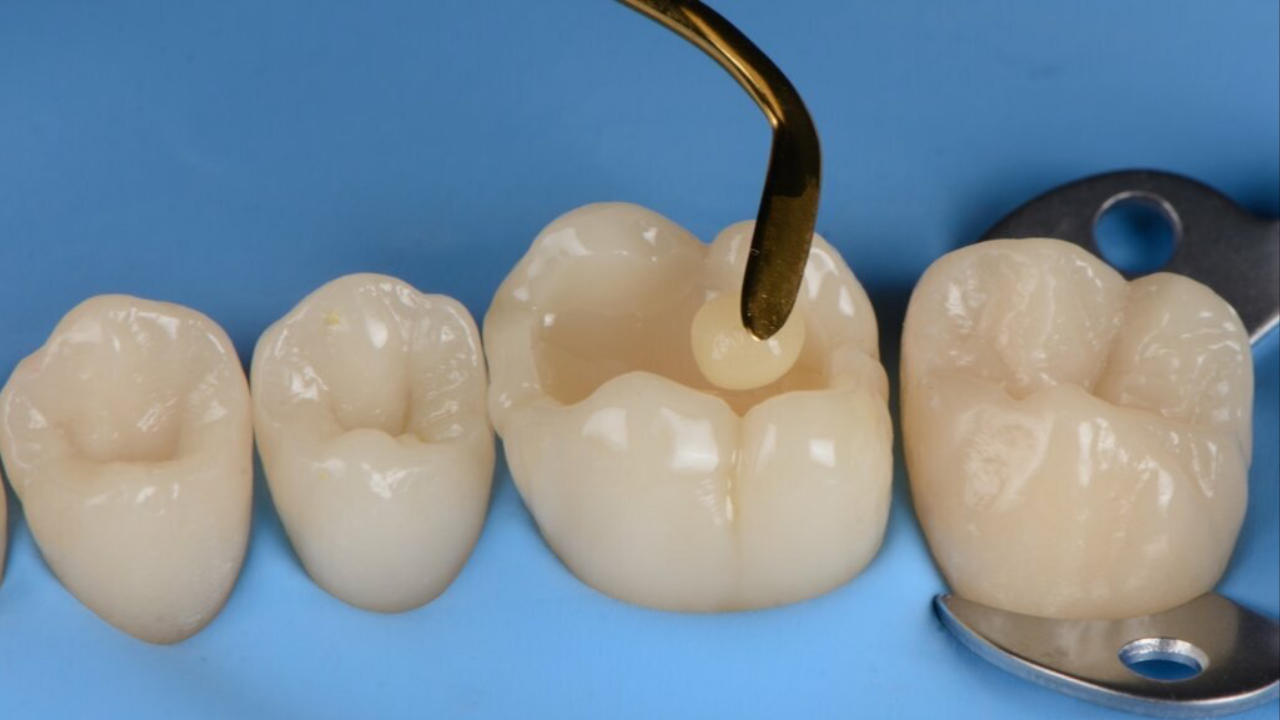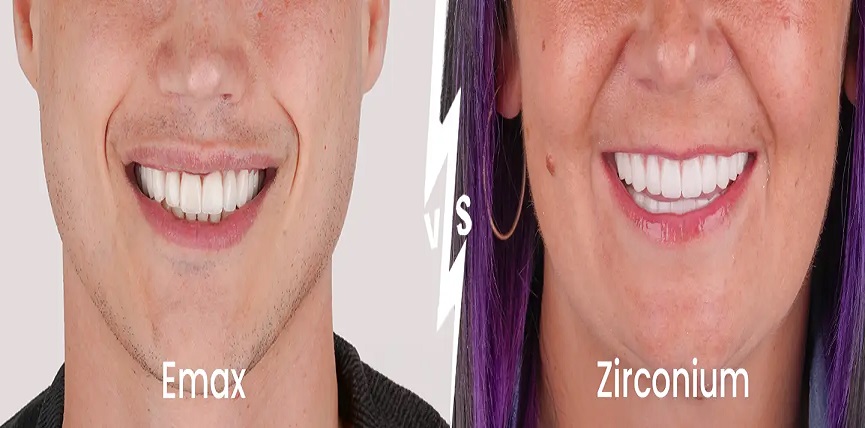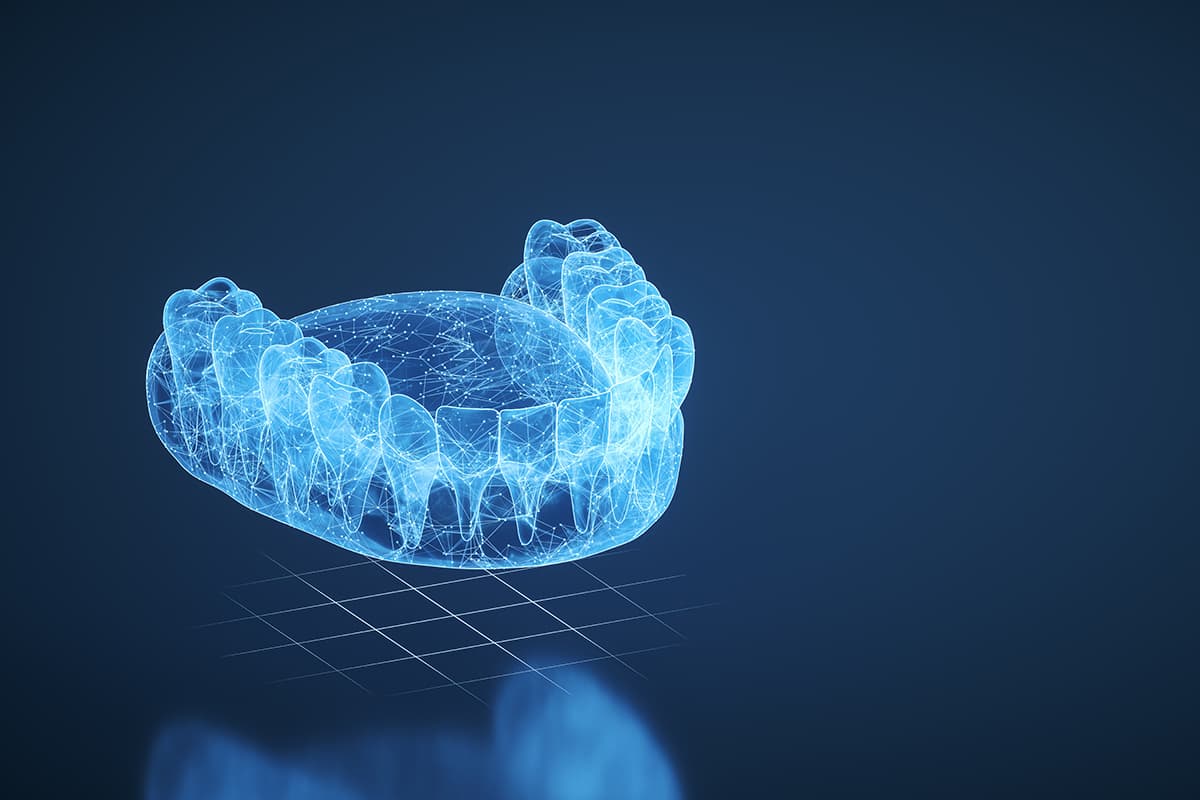
Bleeding Gums
Silent Warning Signs Your Body Wants You to Notice
Most people don’t think twice when they notice a spot of blood after brushing or flossing. “Maybe I brushed too hard,” they tell themselves. But what if bleeding gums are not just about your toothbrush technique? What if your body is trying to send you a message?
Bleeding gums are more than just a dental nuisance, they can be an early warning sign of deeper health concerns. Let’s break it down:
Why Do Gums Bleed?
Healthy gums should not bleed when you brush, floss, or eat. When they do, it usually signals irritation, inflammation, or an underlying problem. Some of the common reasons include:
• Plaque buildup: The sticky film of bacteria around your teeth irritates the gums, leading to gingivitis, the earliest stage of gum disease.
• Gum disease (Periodontitis): If gingivitis is ignored, it can progress to a more serious stage, damaging the tissues and bone supporting your teeth.
• Poor oral hygiene habits: Infrequent brushing, skipping flossing, or using a worn-out toothbrush all play a role.
• Vitamin deficiencies: Lack of Vitamin C (scurvy) or Vitamin K can make gums more prone to bleeding.
• Medications: Blood thinners and certain other medicines may increase the tendency to bleed.
• Hormonal changes: Pregnancy, menstruation, or menopause can make gums more sensitive.
• Systemic conditions: Diabetes, blood disorders, and weakened immunity may show their first signs in your mouth.
Why You Shouldn’t Ignore Bleeding Gums
It’s tempting to dismiss bleeding gums as “not a big deal.” But untreated gum problems can:
• Progress into painful infections and tooth loss.
• Affect your overall health — studies link gum disease with heart disease, diabetes, and even adverse pregnancy outcomes.
• Lower your quality of life by making it hard to chew, smile confidently, or speak clearly.
In short: your gums are not just about your smile, they are connected to your total health.
What Can You Do About It?
The good news: most causes of bleeding gums can be managed or even reversed if caught early. Here are some simple steps:
1. Brush correctly: Twice daily, with a soft-bristled toothbrush. Don’t scrub but use gentle, circular motions.
2. Floss daily: Cleaning between your teeth reduces plaque where your brush can’t reach. Mechanical debridement is the single most effective method to maintain hygiene between teeth.
3. Rinse wisely: Use an antimicrobial or dentist-recommended mouthwash, not just cosmetic rinses. Remember, rinses are not a substitute to brushing and should not be used indefinitely.
4. Eat for your gums: Add Vitamin C–rich fruits and leafy greens to your diet, along with foods rich in Vitamin K.
5. Stay hydrated: Saliva helps wash away bacteria.
6. See your dentist regularly: Professional cleanings remove tartar and check for gum disease before it advances.
7. Review medications with your doctor: If you’re on blood thinners, let your dentist know.
8. Manage systemic health: Keep conditions like diabetes under control—they directly impact gum health.











